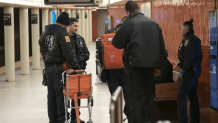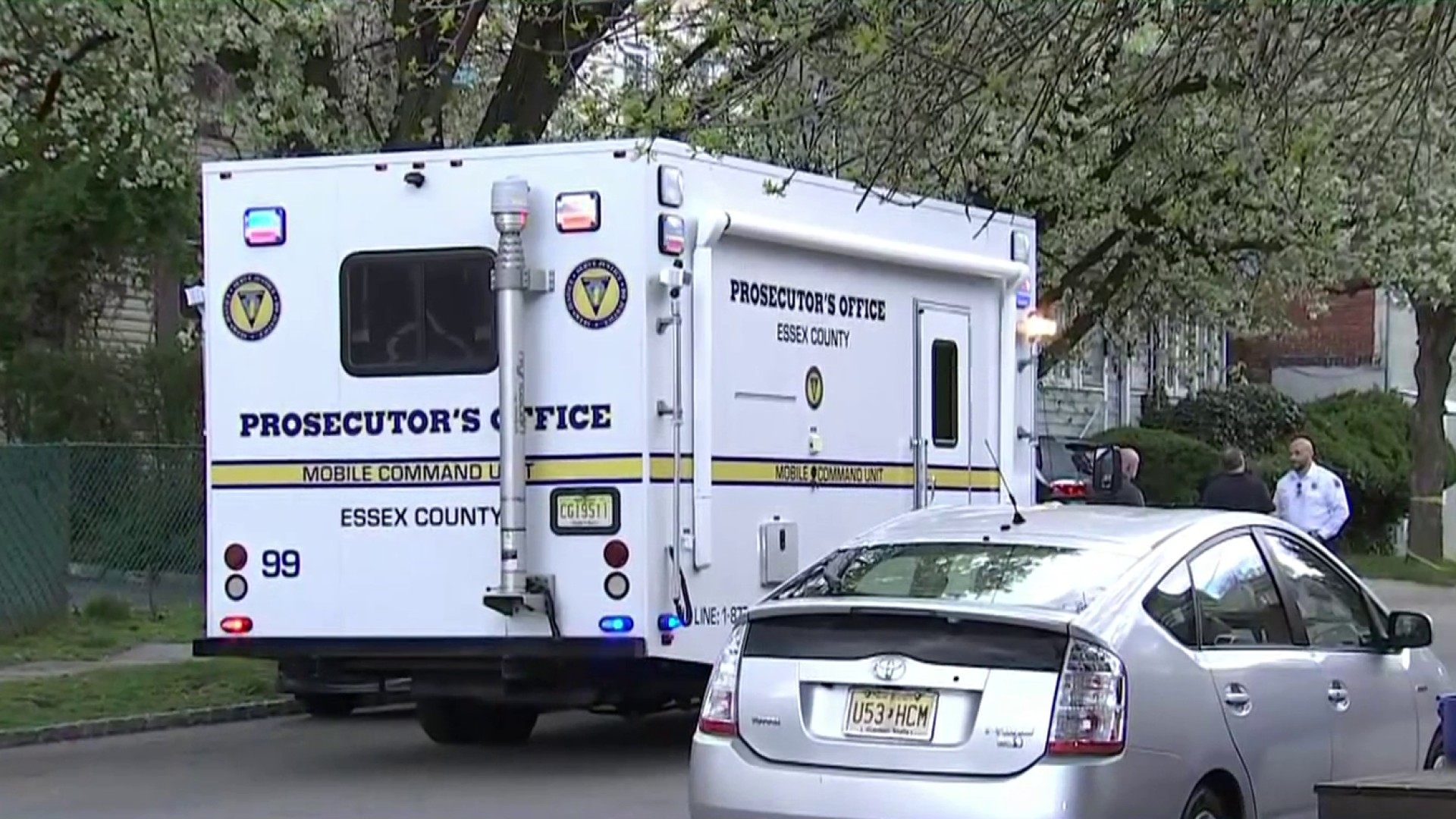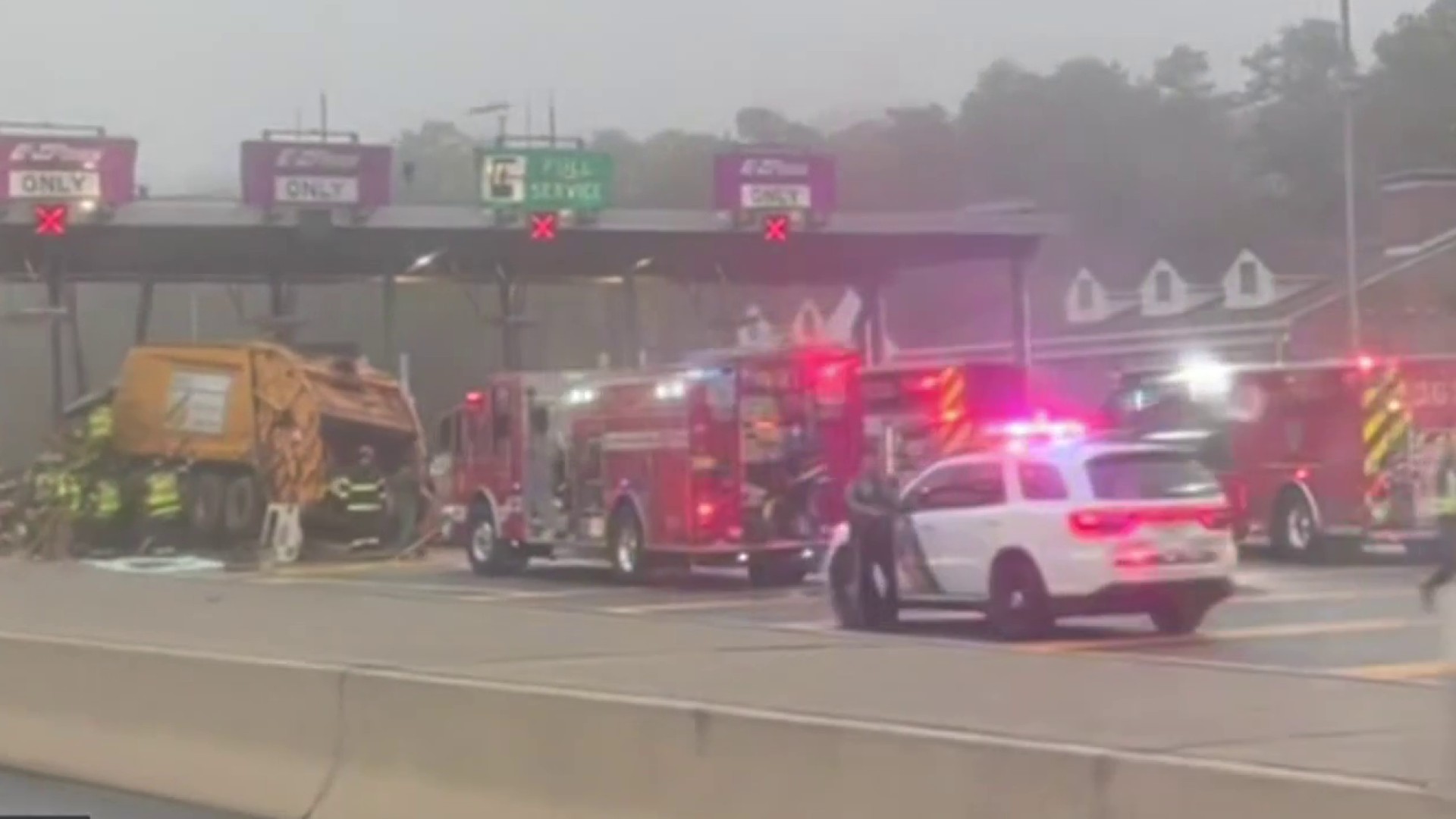Despite another violent crime taking place in the city's subway system hours before a public hearing on those very concerns, the head of the MTA insists the relentless focus on public safety is working.
Public safety worries have been top of mind for both riders and transit executives for months, and testifying before the New York City Council on Monday, top transit officials said the agency has turned the corner.
Richard Davey, new MTA president, testified under oath before a joint oversight hearing of the New York City Council with the purpose of looking into ongoing concerns within the transit system. He presented new data showing that while transit crime is up 30% for the year, it is down 23% over the last month.
The 11 a.m. hearing came hours after the latest act of violence reported within the public transit system. Police said a 64-year-old man was slashed in the face following an argument in a Manhattan subway station overnight.
Get Tri-state area news and weather forecasts to your inbox. Sign up for NBC New York newsletters.
A younger man whom police estimate is in his 30s, pulled out what appeared to be a box cutter and slashed the victim on the tip of his nose, authorities said. The attack happened around 1:30 a.m. on the 4 train at the Bowling Green station in lower Manhattan. No arrests have been made.
Police are now looking for the perp last seen wearing a green jacket and brown pants leaving the Bowling Green station.

MTA President Richard Davey and NYPD Acting Chief of Transit Michael Kemper spoke before the Committee on Transportation and Infrastructure and the Public Safety Committee on safety concerns, including "recent policy and infrastructure efforts."
News
Many council members wanted to know how many riders have stopped commuting by subway after a spate of recent high-profile violent and deadly crimes.
"The three things that concern them most are public safety, people behaving erratically and homelessness," the new president said.
Riders like Stuart Frankel won't ride at night anymore. "It's still the same. I don't see any police or law enforcement at all," the Upper West Side man said.
Davey said not only has the infusion of 1,100 NYPD officers per day into the transit system made a dent in the crime problem, but fare beating is leveling off too. That is thanks in part to unarmed security guards stationed at strategic gates especially prone to those entering without paying.
Some council members questioned the cost of those guards.
Davey said the agency spends "about a million dollars a month on unarmed guards, and we're showing it's paying dividends."
The council also questioned a promised pilot program to put safety gates at the platform edges in some stations, especially after a handful of shoving incidents this year that led to passenger deaths.
"Platform screen doors for some may sound simple, it is incredibly complicated," Davey told the council.
It is yet to be seen whether or not riders have noticed a drop in the crime or feel any safer commuting through the transit system. But Davey said he looks forward to next month's rider survey to see hear feedback on that very issue.



